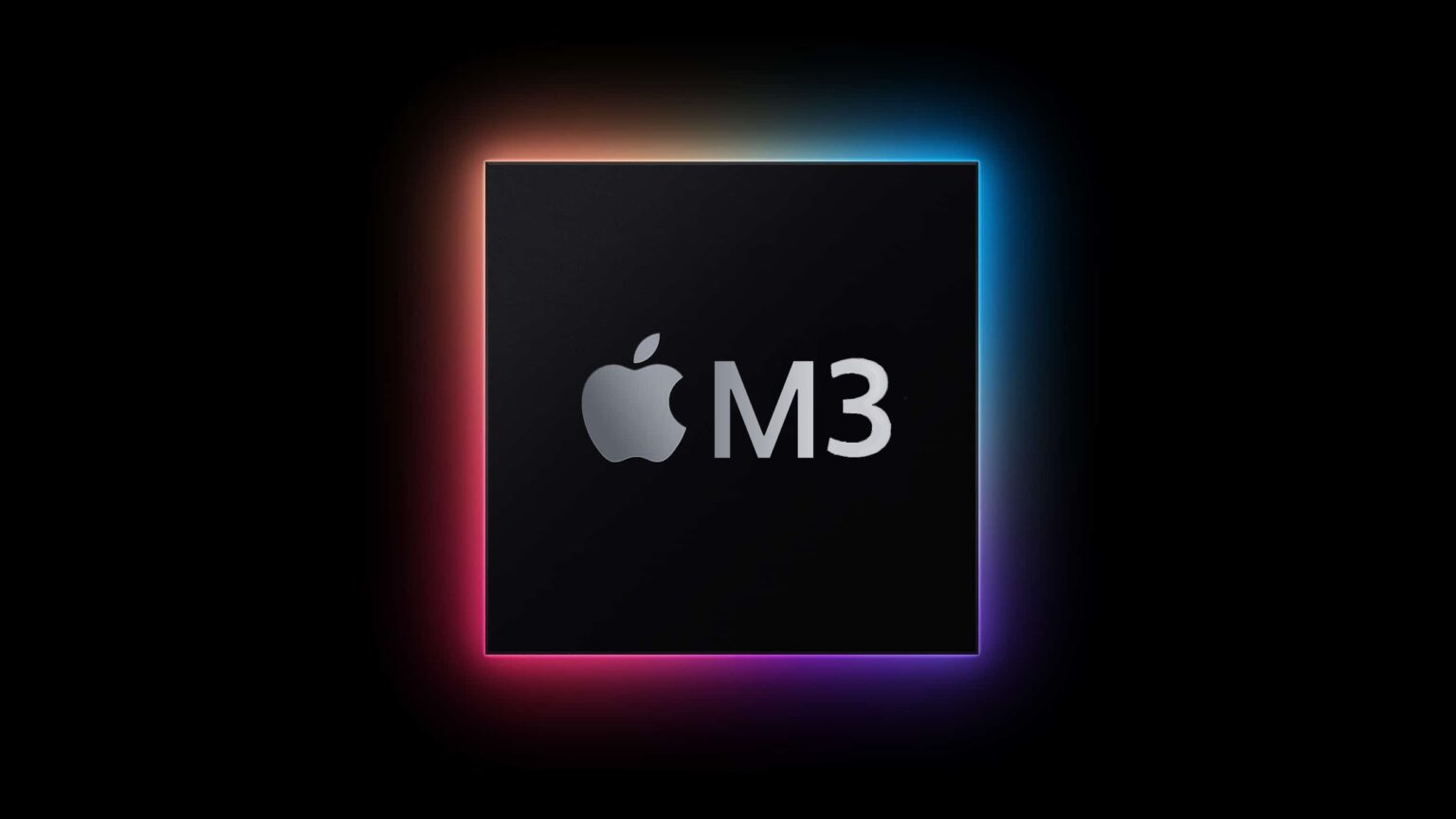Apple and Arm extended beyond 2040 the deal that puts Arm-based processors in iPhone, Mac and other Apple computers.
This enables the Apple’s A series and M series of chips to continue progressing for decades.
Apple and Arm depend on each other
Apple designs its own processors, but those designs are based on ones created by Arm. The iPhone-maker needs to license the Arm architecture to keep making the chips that go into so many products.
But that’s not going to be a worry for many years.
“We have entered into a new long-term agreement with Apple that extends beyond 2040, continuing our longstanding relationship of collaboration with Apple and Apple’s access to the Arm architecture,” Arm said in a recent filing with the U.S. Securities and Exchange Commission.
It’s not surprising that the two cooperate so well — Arm launched in 1990 as a joint venture between Apple, Acorn Computers and VLSI Technology.
Arm is quietly critical to the global smartphone market
Arm isn’t as famous a chip-maker as Intel, but that’s because it’s not actually a chip-maker. It designs processors but doesn’t produce any of them itself. Its creations are licenced to other companies.
And its client list is impressive. “We have established close partnerships with leading companies across all of our target markets, including, among others, Apple, OPPO, Samsung, vivo and Xiaomi in mobile computing, Amazon AWS and Alibaba in cloud compute, Cruise and Mercedes-Benz in advanced automotive, and Raspberry Pi, Schneider Electric and Siemens in industrial IoT,” noted Arm.
It’s not an exaggeration to say that if a SoC isn’t from Intel, it almost certainly uses the Arm architecture.
Arm used to be a publicly traded company but in 2016 it was acquired by SoftBank Group. However, an IPO is scheduled for later in 2023 that might raise as much as $52 billion, according to Reuters. Getting a critical customer like Apple to agree to a low-term licensing agreement should help buoy is potential share price.



